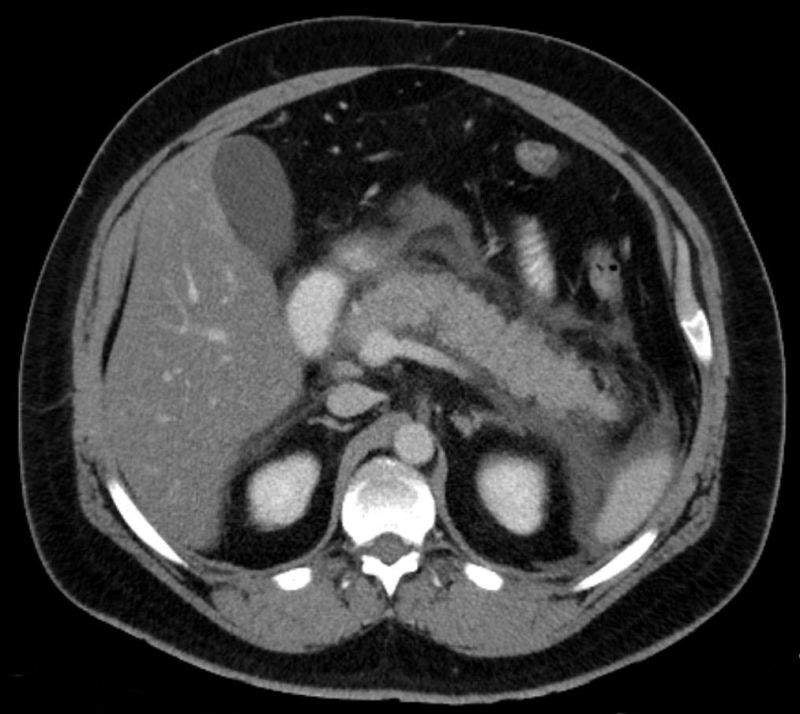
Samsung Bioepis is set to start a Phase l trial to investigate SB26, also known as TAK-671, for the treatment of severe acute pancreatitis.
Pancreatitis is caused by the inflammation of the pancreas, a large organ behind the stomach that produces digestive enzymes and various hormones.

Discover B2B Marketing That Performs
Combine business intelligence and editorial excellence to reach engaged professionals across 36 leading media platforms.
Samsung’s planned Phase l trial is a randomised, double-blind, placebo-controlled, single and multiple-dose escalation study that intends to evaluate the safety, tolerability and pharmacokinetics of intravenous SB26 in healthy subjects.
Results from the trial are expected to be available by the third quarter of 2020.
Samsung Bioepis senior vice-president and Clinical Sciences Division head Chul Kim said: “The upcoming clinical trial marks a major milestone for those of us at Samsung Bioepis, as SB26 is set to become the first novel biologic candidate from our company to enter clinical trials.
“Acute pancreatitis remains one of the most common gastrointestinal conditions, affecting more patients every year.

US Tariffs are shifting - will you react or anticipate?
Don’t let policy changes catch you off guard. Stay proactive with real-time data and expert analysis.
By GlobalData“While mild acute pancreatitis is more easily treatable, severe acute pancreatitis, which affects approximately 20% of patients suffering from acute pancreatitis, can often be fatal. Unfortunately, treatment options remain extremely limited.”
SB26 is an ulinastatin-Fc (UTI-Fc) fusion protein developed to treat severe acute pancreatitis.
It has been developed under a risk-sharing strategic collaboration agreement between Samsung Bioepis and Takeda Pharmaceutical Company to jointly develop new biologic therapies.
SB26 combines Samsung Bioepis’ biologics development platform with Takeda’s expertise in drug development.





